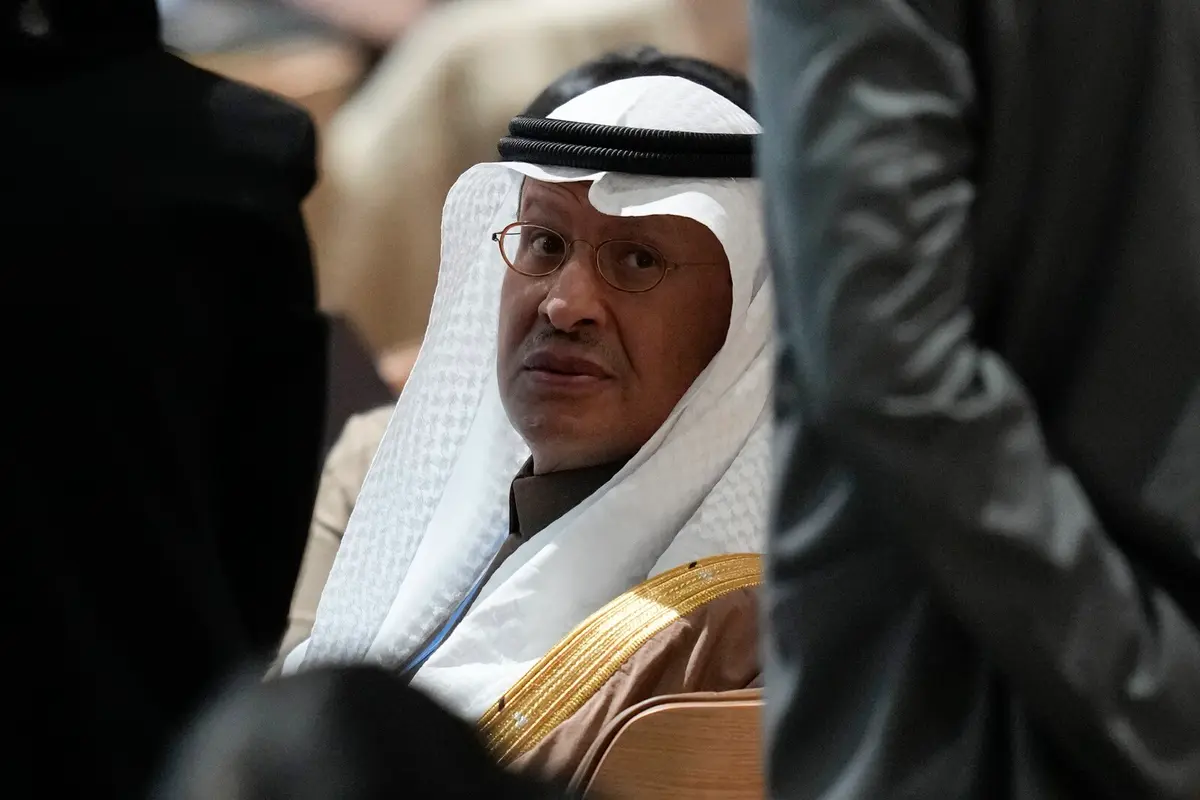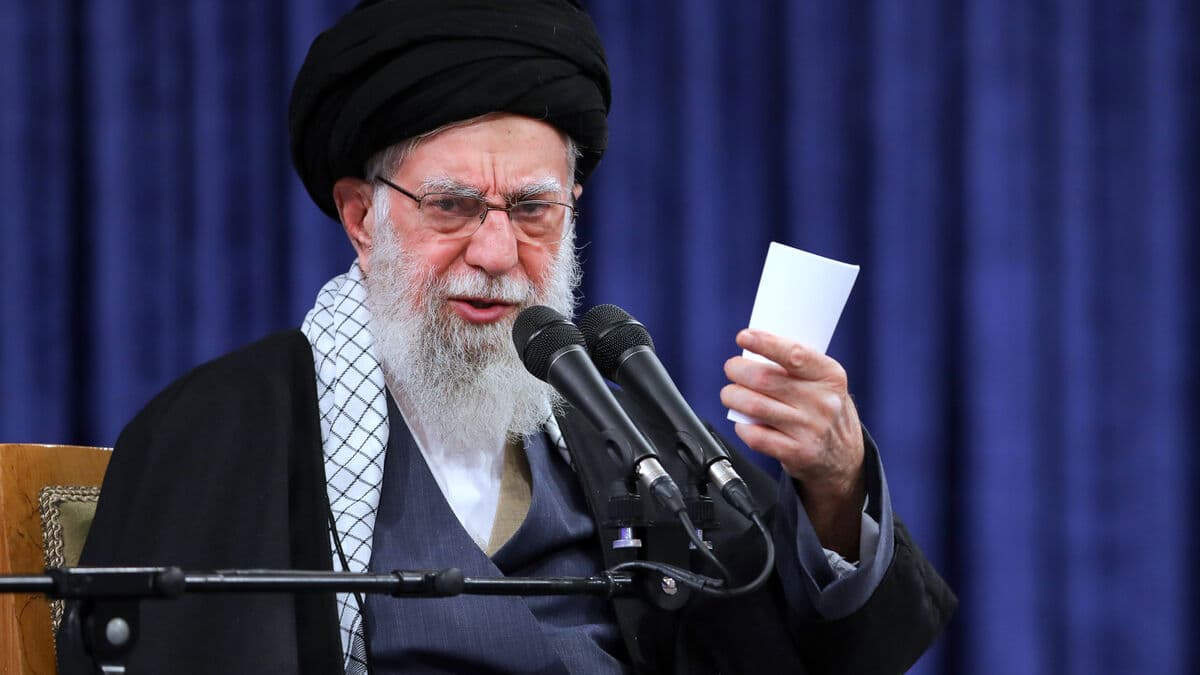At last year's UN meeting in Dubai, Saudi Arabia was one of 200 countries that signed an agreement to move away from fossil fuels such as oil, coal, and gas. Since then, Saudi Arabia has opposed the agreement at several major meetings, according to diplomatic sources for The New York Times.
At this year's climate meeting in Baku, Azerbaijan, the Saudis continued to act as a brake.
Generally, one can say that Saudi Arabia's blocking actions have intensified during this latest meeting, says Sweden's chief negotiator Mattias Frumerie, and continues:
They oppose different types of what we would call progress in the work.
Did not want to clarify
Several countries – including Sweden – wanted to make it clearer how well different countries are phasing out fossil fuels. Saudi Arabia did not want to, even though the country is far from alone.
My assessment is that the more global agreements we have that follow up and evaluate how well countries are phasing out fossil fuels, the faster the phase-out will go and thus affect their economy.
Long speeches and protests
The Guardian revealed that Saudi Arabia was able to edit negotiating texts sent out by the host country, which dealt with helping countries to a fair transition. Track changes in the document show that the Saudi delegate Basel Alsubaity struck out paragraphs.
Usually, countries do not have editing rights to the chairman's documents. This shows how pervasive the Saudi strategy is, says Alden Meyer at the think tank E3.
Other strategies that the Saudis have used over the years are to hold excessively long speeches and protest against formalities. Saudi Arabia was also one of the driving countries behind the so-called consensus rule – that all countries must agree – at the first COP meeting in 1995.
This is not an isolated example. It is a comprehensive and long-term strategy that the Saudis and their allies have had, says Meyer.
Did not respond
The climate meeting has 198 members. Negotiations often take place in smaller groups and directly between different countries outside the negotiating rooms to see if they can reach solutions.
My picture is that Saudi Arabia is one of the countries that we all had the most difficulty getting in touch with, that they simply did not respond to requests for meetings, says Frumerie.
Saudi Arabia has not wanted to comment on the allegations.
Saudi Arabia is the world's 14th largest country by area, located on the Arabian Peninsula.
Oil was first discovered in March 1938 and began to be extracted the same year. Since then, the oil industry has driven the country's economic development.
Up to 90 percent of the country's export earnings come from the oil and gas industry. Saudi Arabia has 17 percent of the world's oil reserves, and the country is the world's largest oil exporter.
Of the 453 terawatt-hours of electricity generated last year, 62 percent came from natural gas and 38 percent from oil. Less than 1 percent was renewable.
Sources: UI, Opec, and EIA






